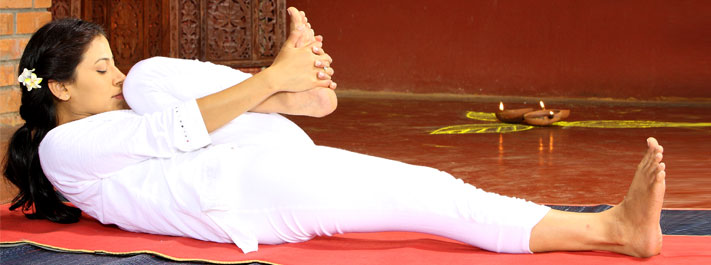Four Easy Methods You can Turn What Is Yoga Into Success
작성자 정보
- Jenna 작성
- 작성일
본문
Protective factors play a crucial role in preventive psychiatry by reducing the risk of mental disorders and promoting positive outcomes. They may also struggle with decision-making and have a tendency to anticipate negative outcomes. By intentionally shifting your mindset and practicing self-compassion, you can counteract these negative thoughts. As thoughts or worries arise, acknowledge them without judgment and gently bring your attention back to your breath. When we practice mindfulness, we bring our attention to the present moment, without judgment. By engaging in these practices, individuals can bring their full attention and awareness to the present moment, fostering a deeper connection with themselves and their surroundings. By intentionally bringing awareness and presence to our everyday activities, we can enhance our overall well-being and cultivate a deeper sense of connection with ourselves and the world around us. Early diagnosis hinges on raising awareness about mental health and educating individuals about the signs and symptoms of mental illness. Apart from the immediate mood-boosting effects, physical activity also has long-term benefits for mental health. Remember, even small bursts of physical activity can have significant benefits for anxiety management.
Remember, you don’t have to face this journey alone. Remember, seeking professional help is a crucial step towards managing anxiety effectively and regaining control over your life. They can help you develop personalized coping strategies and provide a safe space to explore your feelings. Instead, it’s important to actively address stress through effective strategies. It’s important to note that everyone experiences anxiety differently, and what may trigger anxiety for one person may not affect another. Identify your triggers: Take note of situations, people, or events that consistently provoke anxiety. It’s important to note that not all individuals with anxiety will require medication, and the decision to use medication should be made in consultation with a healthcare professional. Remind yourself that it’s okay to make mistakes and that you are worthy of love and acceptance. However, it’s crucial to remember that what works for one person may not work for another.
By gaining insight into the underlying factors contributing to anxiety, individuals can seek appropriate treatment and develop coping strategies that work best for them. Implementing self-care strategies can greatly contribute to coping with depression and managing the unique challenges of Covid-related depressive symptoms. This non-invasive technique has shown promising results in reducing depressive symptoms, especially in individuals who have not responded well to medication. How does mindfulness help in reducing stress? Research has shown that mindfulness-based interventions, such as Mindfulness-Based Stress Reduction (MBSR) and Mindfulness-Based Cognitive Therapy (MBCT), can be effective in reducing anxiety symptoms. Stress management: Yoga was shown to improve physical or psychological measures related to stress in 12 out of 17 studies reviewed, according to NCCIH. Traumatic events May cause lasting psychological effects, leading to anxiety disorders such as post-traumatic stress disorder (PTSD). Selective Serotonin Reuptake Inhibitors (SSRIs) are another type of medication commonly used to treat anxiety disorders. In conclusion, recognizing the symptoms of anxiety is essential for understanding and managing the condition. By recognizing the factors that contribute to your anxiety and being kind to yourself, you can develop effective coping strategies and find relief. By incorporating these self-care strategies into your daily routine, you can transform unhealthy habits into anxiety-busting practices that promote your overall well-being.

Anxiety is a natural response to stress, but for some individuals, it can become overwhelming and interfere with their daily functioning. By incorporating mindfulness into your daily routine, you can cultivate a sense of inner calm, build resilience to stressful situations, and gain greater control over your anxiety. By making conscious choices and incorporating positive lifestyle changes into our daily routines, we can effectively alleviate anxiety symptoms and improve our mental health. Plus, there are some seriously awesome health benefits of yoga that you can score from a daily practice. Whether through formal meditation practice or informal mindfulness exercises, such as mindful eating or taking mindful walks, you can start reaping the benefits of mindfulness in your anxiety management journey. In this section, we will explore how practicing mindfulness can provide relief from anxiety symptoms and improve overall mental health. Depression is a mental health disorder that manifests in persistent feelings of sadness, loss of interest in activities, and significant changes in various aspects of a person’s life. Anxiety can be caused by a variety of factors, including genetics, brain chemistry, and life experiences. Mindfulness meditation has been scientifically proven to have positive effects on the brain and body.
If you enjoyed this write-up and you would such as to get more details relating to what is yoga kindly visit our own site.
관련자료
-
이전
-
다음







